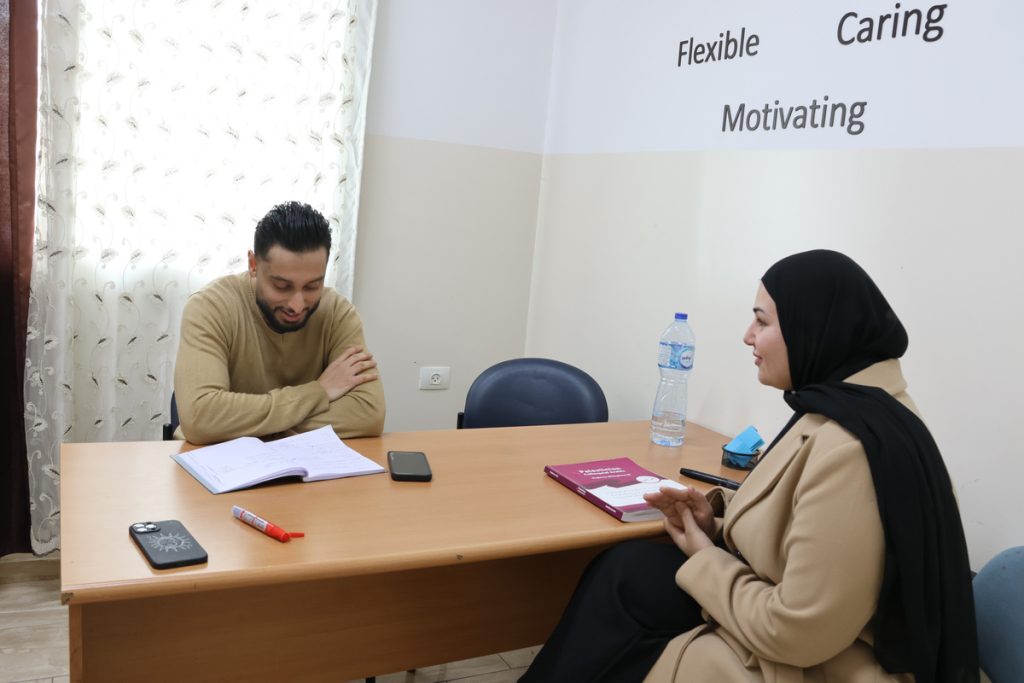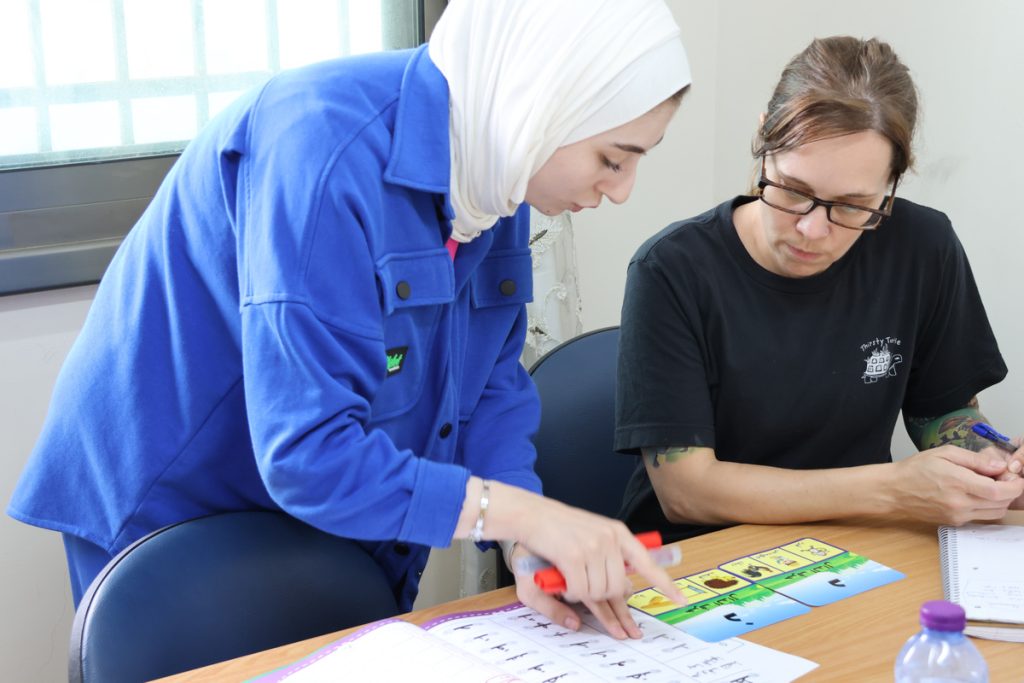Interesting Facts About Levantine Arabic: There are many interesting facts about Levantine Arabic. For example, Levantine Arabic, also known as Shami, is a unique and culturally rich dialect of Arabic spoken in the Levant region. This dialect encompasses the linguistic traditions of Syria, Jordan, Lebanon, Palestine, and parts of southern Turkey. With a significant number of native speakers and a high degree of mutual intelligibility across the Arab world, Levantine Arabic stands out as a crucial element of the region’s identity and communication.
Table of Contents
Regional Distribution and Speakers
Levantine Arabic is native to several countries:
- Syria
- Jordan
- Lebanon
- Palestine
- Israel
- Certain regions of Turkey
With an estimated 54 million native speakers, Levantine Arabic is one of the most widely spoken Arabic dialects. Its comprehensibility across the Arab world, alongside Egyptian Arabic, lends it significant linguistic prestige.
Levantine Arabic Alphabet
Another of the important facts about Levantine Arabic is that the Levantine Arabic alphabet is specifically for Shami Arabic and is in use in Jordan, Lebanon, and Syria. It follows the standard Arabic script, consisting of 28 letters. Many of these letters vary contextually, adapting to the unique phonetic needs of the Levantine dialect.
South Levantine Arabic
Previously, South Levantine Arabic (Arabic: اللهجة الشامية الجنوبية) was recognized as a distinct variety under the ISO 639-3 international standard for language codes, designated by the code “ajp.” This variety is predominantly present in:
- The Palestinian Territories (West Bank, East Jerusalem, Gaza Strip)
- Israel
- Most of Jordan (including the ‘Ajlun, Al Balqa’, Al Karak, Al Mafraq, ‘Amman, Irbid, Jarash, and Madaba governorates)


Consolidation of Levantine Arabic Varieties
In 2023, South Levantine Arabic and North Levantine Arabic merged into a single category known as Levantine Arabic. This decision was based on:
- High mutual intelligibility: Arabic varieties spoken by settled populations across the Levant were found to be highly mutually intelligible.
- Lack of clear distinctions: There were no clear linguistic distinctions between the variants along national borders, making the consolidation logical and practical.
Conclusion
Levantine Arabic, with its rich heritage and widespread use, plays a crucial role in the cultural and social dynamics of the Levant region. The dialect not only fosters communication and unity among millions of people but also serves as a bridge connecting diverse communities. By understanding and appreciating Levantine Arabic, one can gain deeper insights into the region’s history, culture, and daily life. Its adaptability and mutual intelligibility across national boundaries highlight its importance as a unifying linguistic variety in the Arab world. Embracing Levantine Arabic is an invitation to explore and connect with the vibrant and multifaceted tapestry of the Levant.
Find Out More
Should you have any questions, or if you want to study Arabic language please do not hesitate to contact us at: Info@studyarabic.org and on WhatsApp: +972599479880. We are looking forward to hearing from you!
